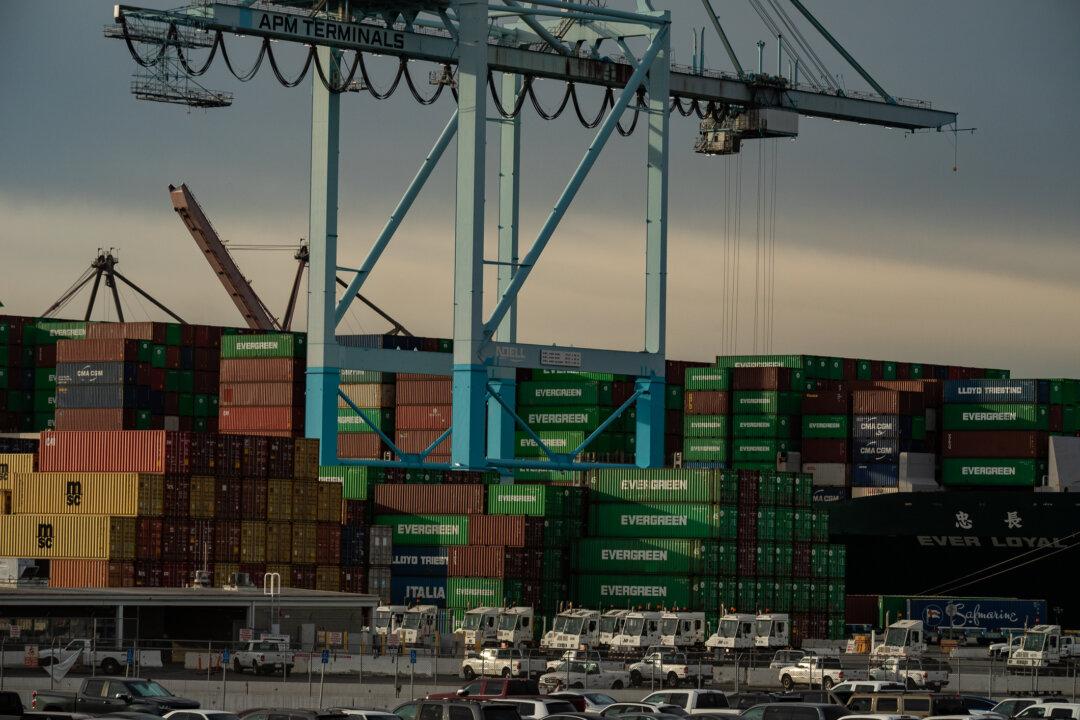The operator of one of the busiest ports in the world has suggested that global supply chain bottlenecks will last for around two years.
Speaking to Bloomberg News, Dubai’s DP World Chairman and Chief Executive Sultan Ahmed Bin Sulayem said he expects bottlenecks to continue until 2023, and warned that the issues will result in higher costs for shipping goods.





